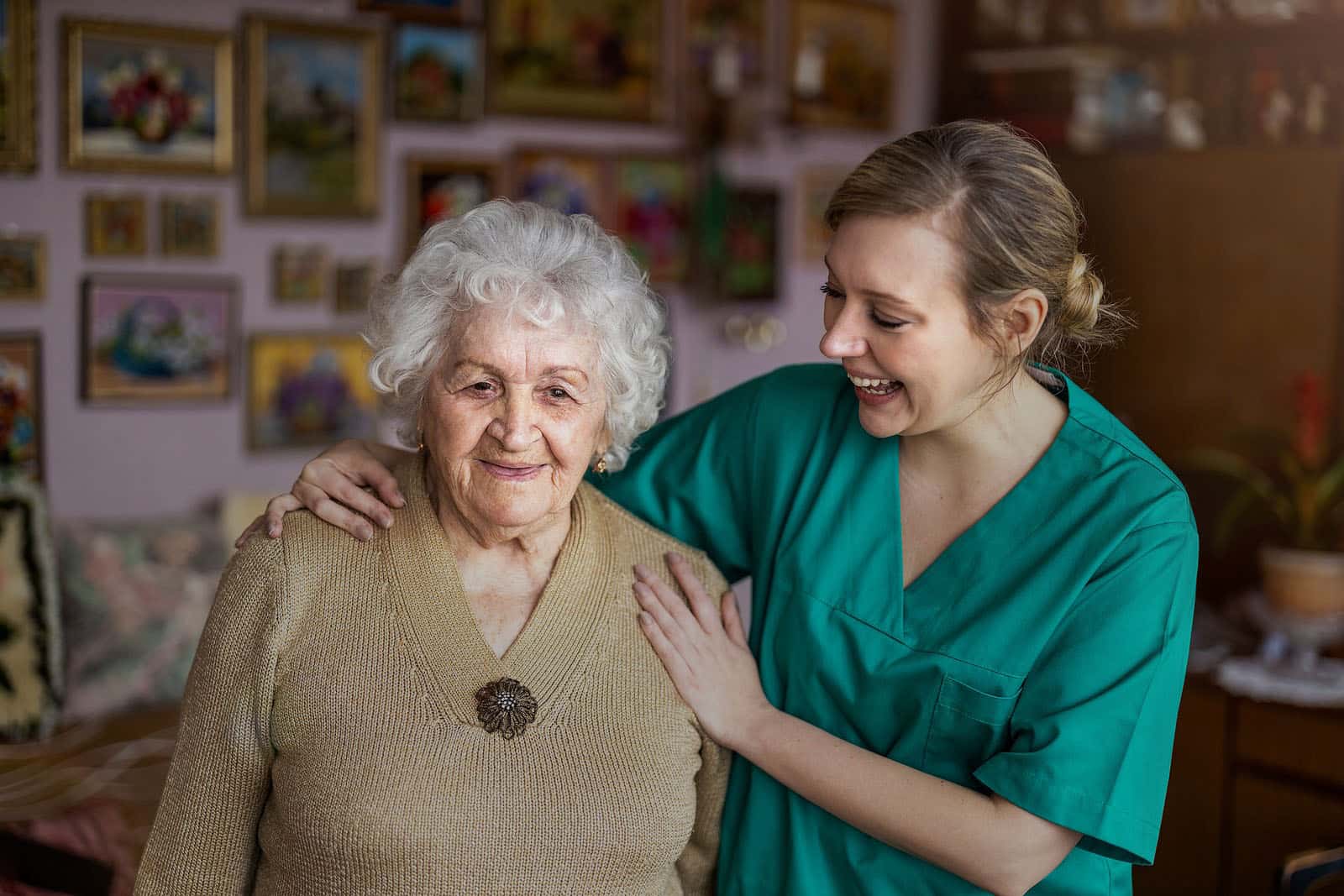The most essential factor in caring for someone with Alzheimer’s or Dementia is helping them feel safe and loved. We believe there is no better place to do that than right in their own home. That’s why we provide patient-centered Dementia home care services for loved ones after their Dementia diagnosis, with Massachusetts caregivers and Massachusetts dementia assistance.
Home Care After a Diagnosis of Alzheimer’s or Dementia
Home care ensures continuity and a connection to the people, places, and things that matter most, offering Dementia support. This consistency can slow the progression of the disease and provide an increased sense of comfort, dignity, and well-being.
With in-home care, your loved one will have:
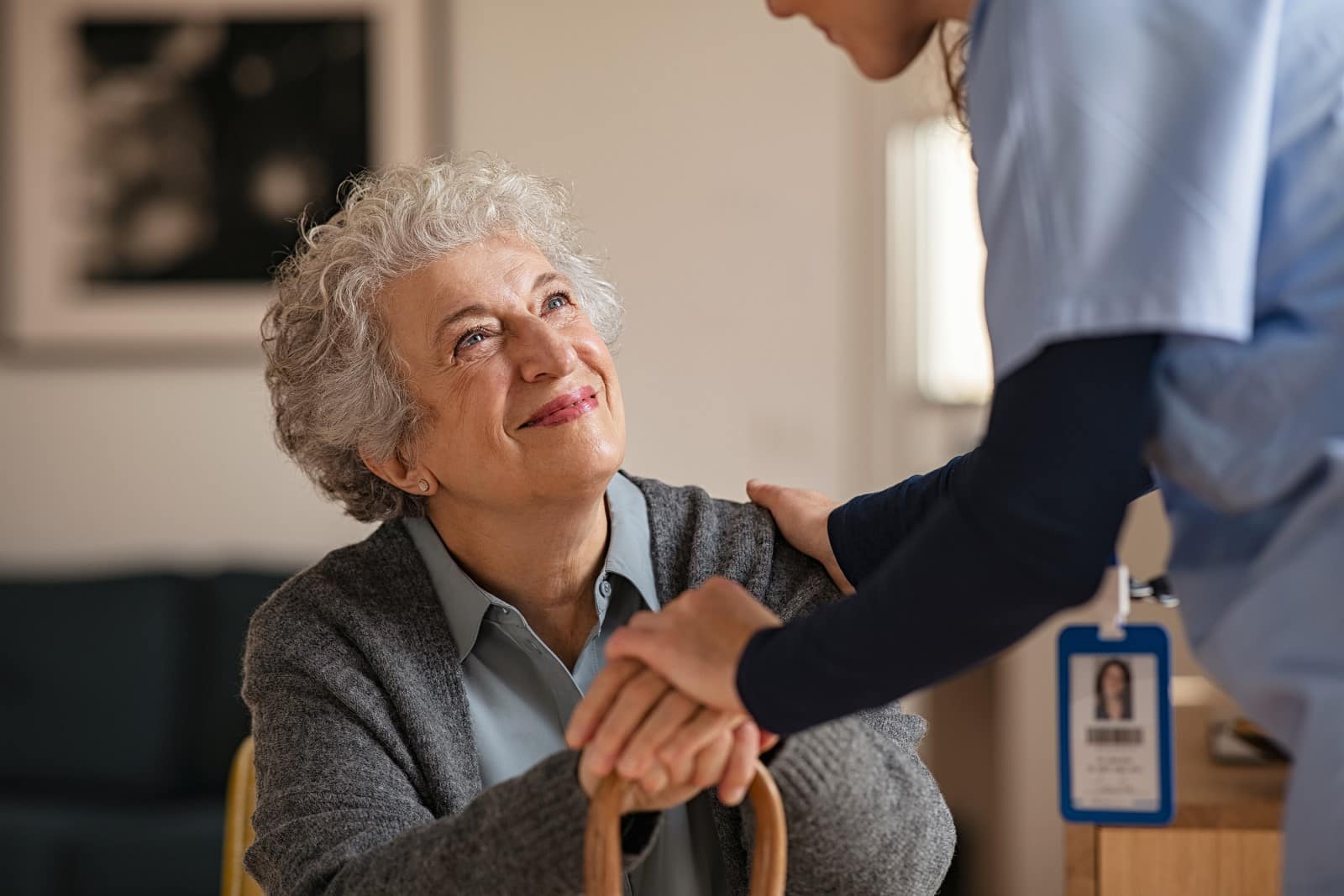
Connection
Connection is reassuring and meets our human need for belonging. With home care, loved ones never need to feel alone, receiving vital Dementia support.
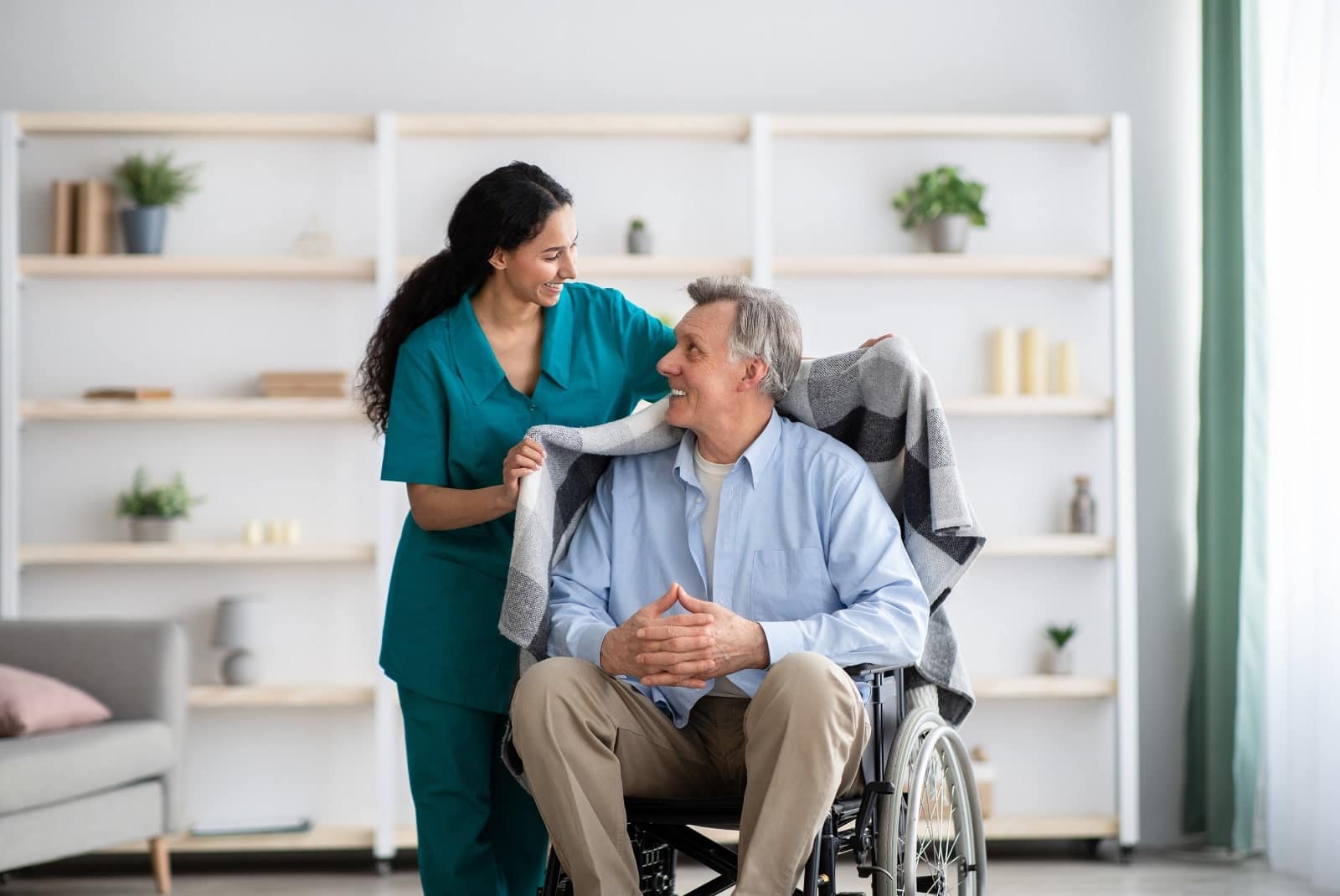
Dignity
Home care ensures dignity by maintaining established personal care and lifestyle routines, including personalized Massachusetts dementia assistance.

Safety
Through companionship and support, home care provides safety and an assurance that your loved one is free from harm, which is essential for Dementia support.
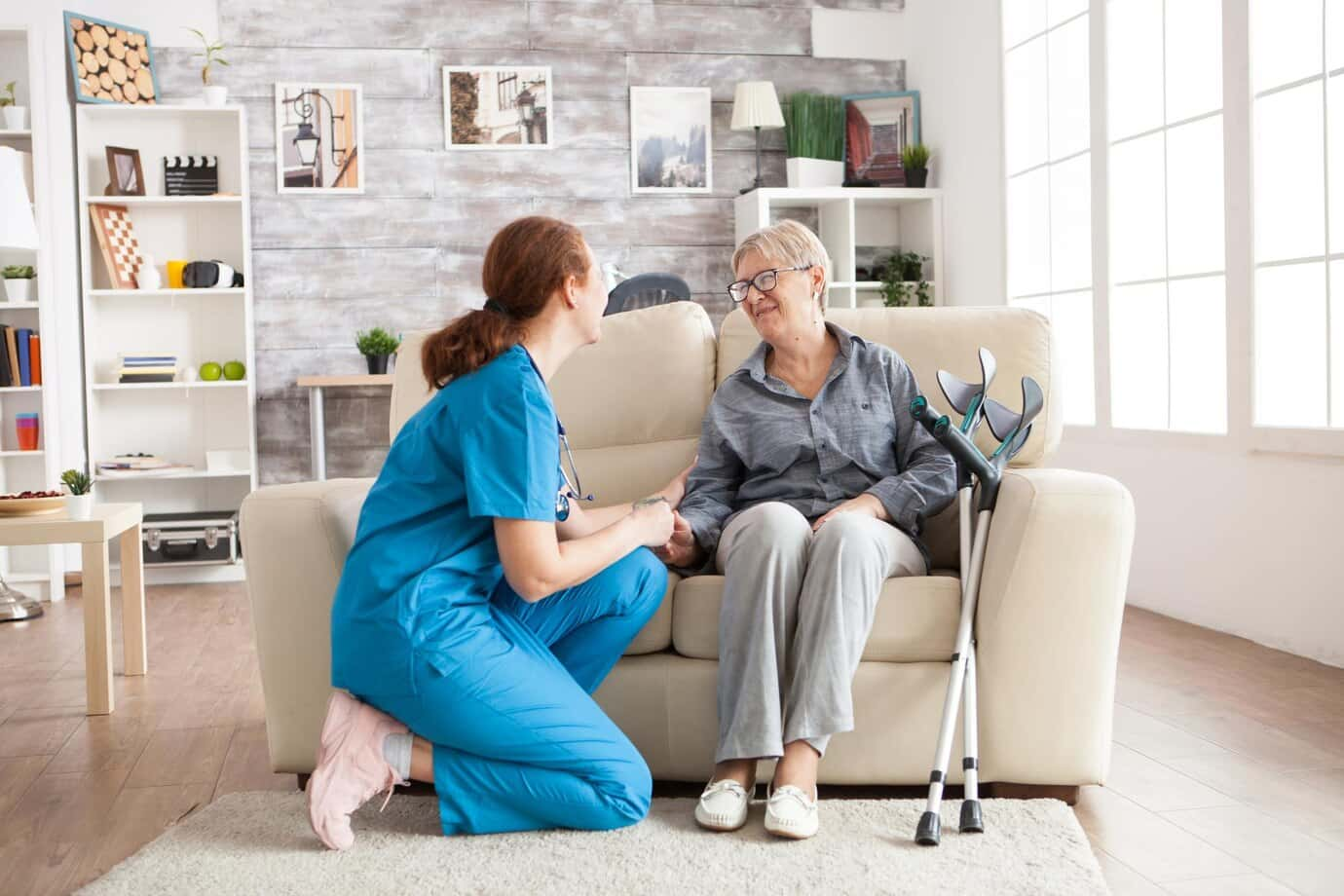
Stability
Routine and stability help slow the progression of Dementia and keep loved ones at ease.
Our Specialized Alzheimer’s and Dementia Care Services
Specialty Trained Caregivers
Our compassionate caregivers are trained in caring for loved ones who have had a diagnosis of Dementia.
All of our team members have earned either the distinction of Certified Dementia Specialist or Certified Dementia Practitioner. Both certifications require intense study and a passing score on a rigorous examination, ensuring the highest quality Dementia support.
Our trained caregivers:
- Reintroduce themselves every time they arrive.
- Stimulate short-term memory through specially designed cognitive activities.
- Interact with your loved one’s current reality, practicing the Habilitation approach approved by the Alzheimer’s Association for Dementia support.
- Help your loved one reminisce about good times through happy memories.
We also maintain consistency with caregivers so each client and caregiver develops a personal relationship built on trust and familiarity crucial for Alzheimer’s care and Dementia support.
Customizable Services
We know each family’s situation is unique, and we make it our mission to meet you and your loved one where you are, offering customizable Massachusetts dementia assistance. Our services are customizable and flexible. Choose from hourly, and 24-hour care with as much or as little support as you need.
Some common services include:
- Personal care such as bathing and dressing.
- Medication management.
- Monitoring nutritional intake.
- Encouraging social activity.
- Customized exercise program supervision.
- Respite care to support family members.
We can also instruct your family on the most dignified and ergonomically correct ways of caring for your loved one when helping them dress, bathe, toilet, and more.
Understanding an Alzheimer’s or Dementia Diagnosis
If your loved one has recently been given a diagnosis of Alzheimer’s or Dementia, it’s normal to be worried about what comes next. But learning about and understanding how the disease works helps many families feel prepared and better able to make decisions about care.
Dementia is a broad diagnosis for conditions that present as a deteriorating intellectual capacity, and it’s crucial to offer specialized Dementia support. There are many different forms of the disease, just as there are many different forms of cancer. The most often seen forms of Dementia are Alzheimer’s Disease, Parkinson’s Disease, Vascular Dementia, Frontal Lobe Dementia, and Lewy Body Dementia.
Alzheimer’s is the most common type of Dementia, affecting a person’s memory, thinking, and behavior. The majority of Alzheimer’s diagnoses are given to people over 65 years of age. Alzheimer’s is a progressive disease, and symptoms generally worsen over a period of years.
There is no cure for Alzheimer’s or Dementia, so treatment focuses on supporting a patient’s cognitive and functional abilities, which home care provided by specialty trained caregivers does. By being trained in dementia-specific disease, our caregivers support cognitive functioning while reducing negative behaviors and outbursts through behavioral therapy techniques. Often, this support reduces the need for psychoactive medication.
However, it’s important to note that some forms of Dementia might cause patients to exhibit extreme behaviors, which means in later stages, someone diagnosed with this type of Dementia might be more comfortable in a dementia-trained memory care facility requiring specialized Massachusetts dementia assistance for optimal care.
Choose North River
At North River Home Care, we have seen firsthand the positive outcomes that dedicated home care can bring. Those outcomes drive us to provide top-notch care for your family at affordable rates. Whether your loved one needs long-term care, around-the-clock care, or just occasional companionship, we’re here to help!
When choosing an in-home caregiver for a loved one, we know that dependability and trust are of the utmost importance. At North River Home Care, caring for others isn’t just our profession. It’s our passion, and we pride ourselves on maintaining extremely high standards for hiring our caregivers.
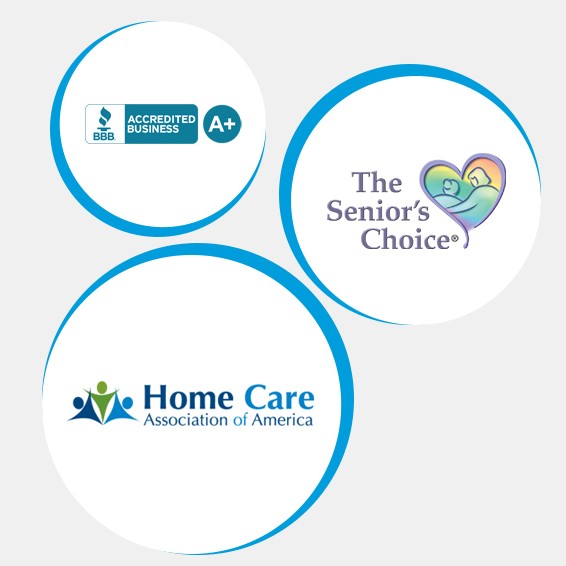
Our Process

Step
1
Intake
We want to understand all of our client’s needs, so we conduct a personalized intake. At that time, we go over the recommended services and provide an estimated rate quote.
Step
2
Schedule Assessment
We’ll take careful notes about the client’s preferred diet, medication reminders, bedtime, other medical or therapeutic needs, favorite activities, and more. This forms the basis of the personalized care plan.
Step
3
Case Start
Patients who require basic home care can typically begin service sooner than those who have more acute Dementia or hospice needs because that may require more collaborative work between caregiving entities.
Online Reviews From Our Clients
Additional Home Care Resources
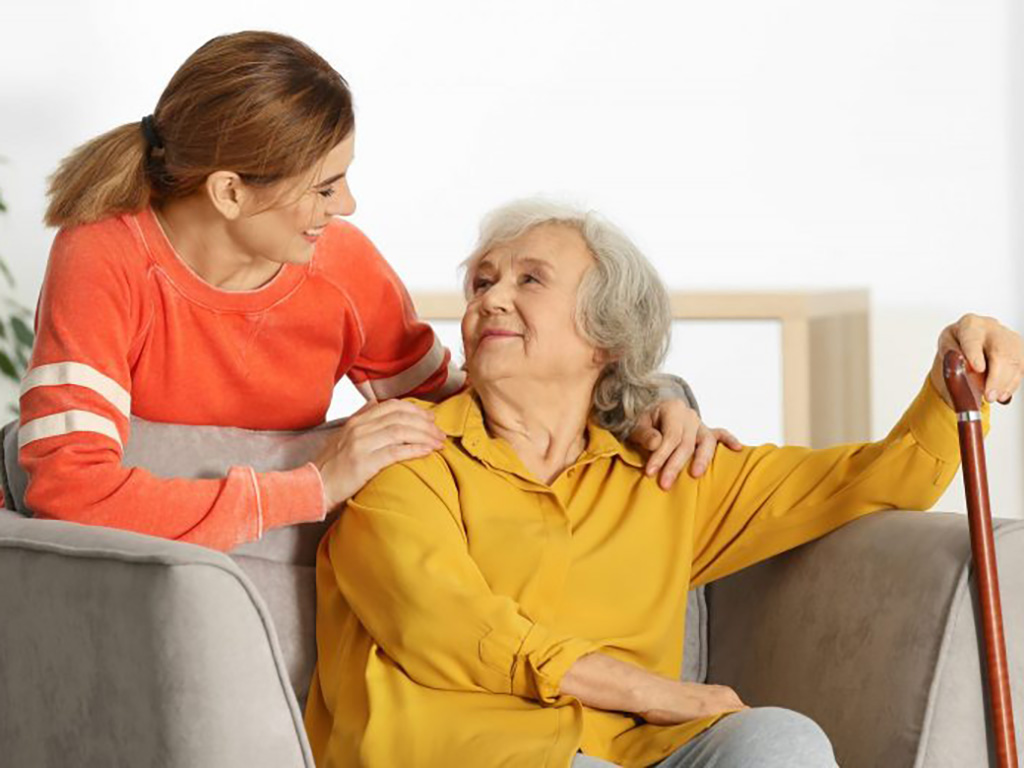
Cost of Home Care in Massachusetts
Locally, Massachusetts ranks as one of the more expensive states for in-home senior care, with home care costs averaging $27 / hour.

Cost of Assisted Living vs. In-Home Care
There are really two costs you are weighing when determining the cost of assisted living vs. in-home care options.

24-Hour In-Home Care Cost
Paying for personal, one-on-one assistance is often more affordable than moving into an assisted living or nursing home facility.
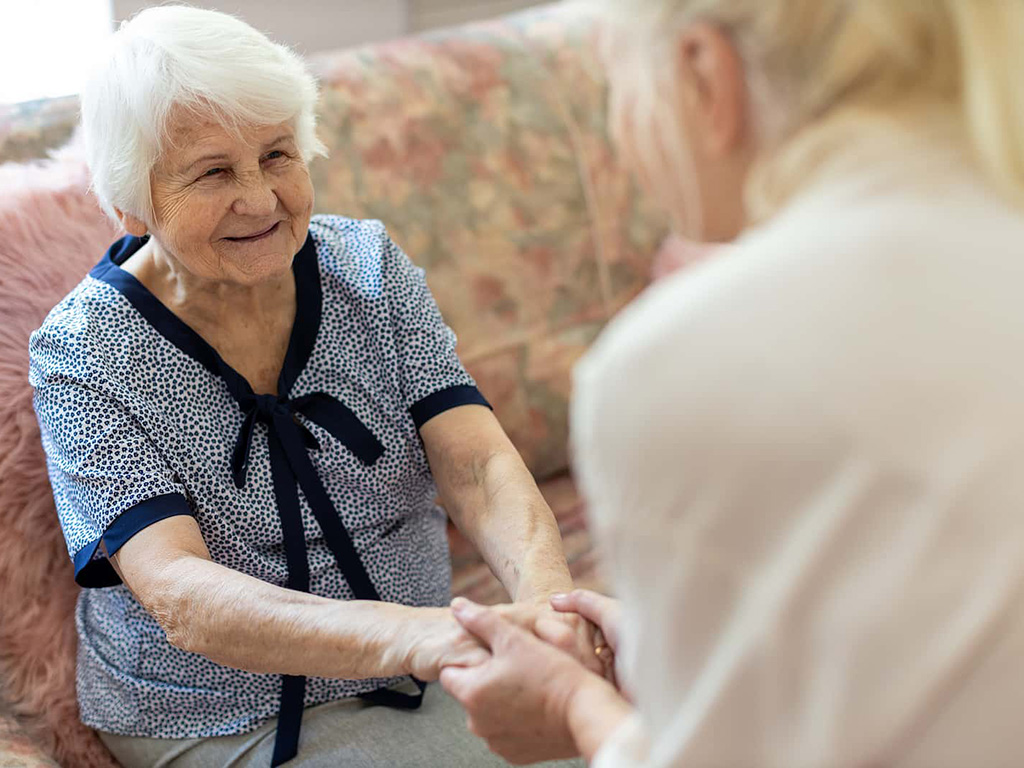
Home Care vs. Nursing Home
The needs of the client and their family are ultimately what determine whether home care makes more sense than nursing home care – or not.

Home Care vs. Home Health Care
The needs of the senior will dictate whether a Personal Care Aide (PCA) or a Home Healthcare Professional will provide the right type of care.

Choosing In-Home Care
Choosing the right in-home care services provider for a loved one is a decision that requires detailed research.

